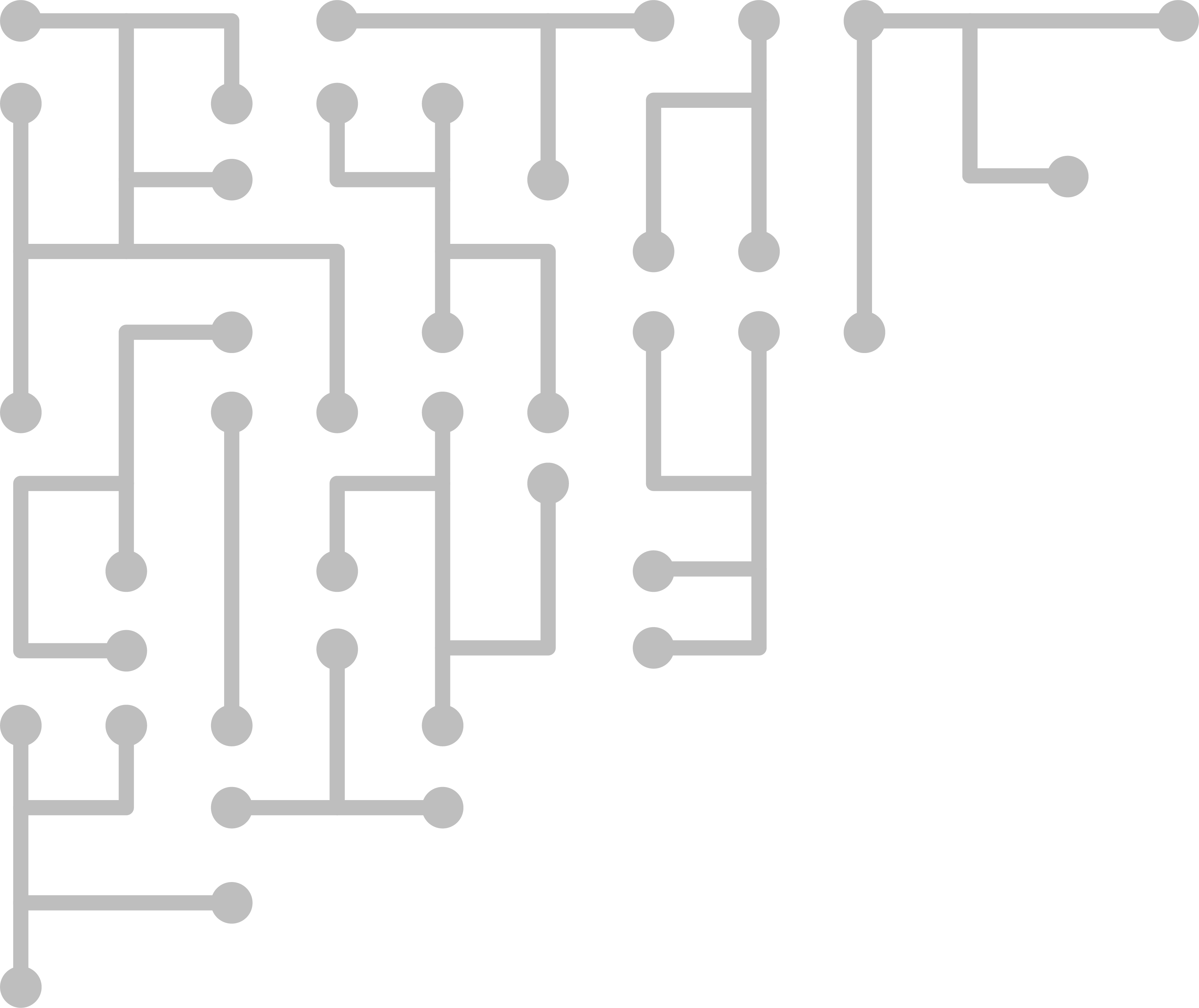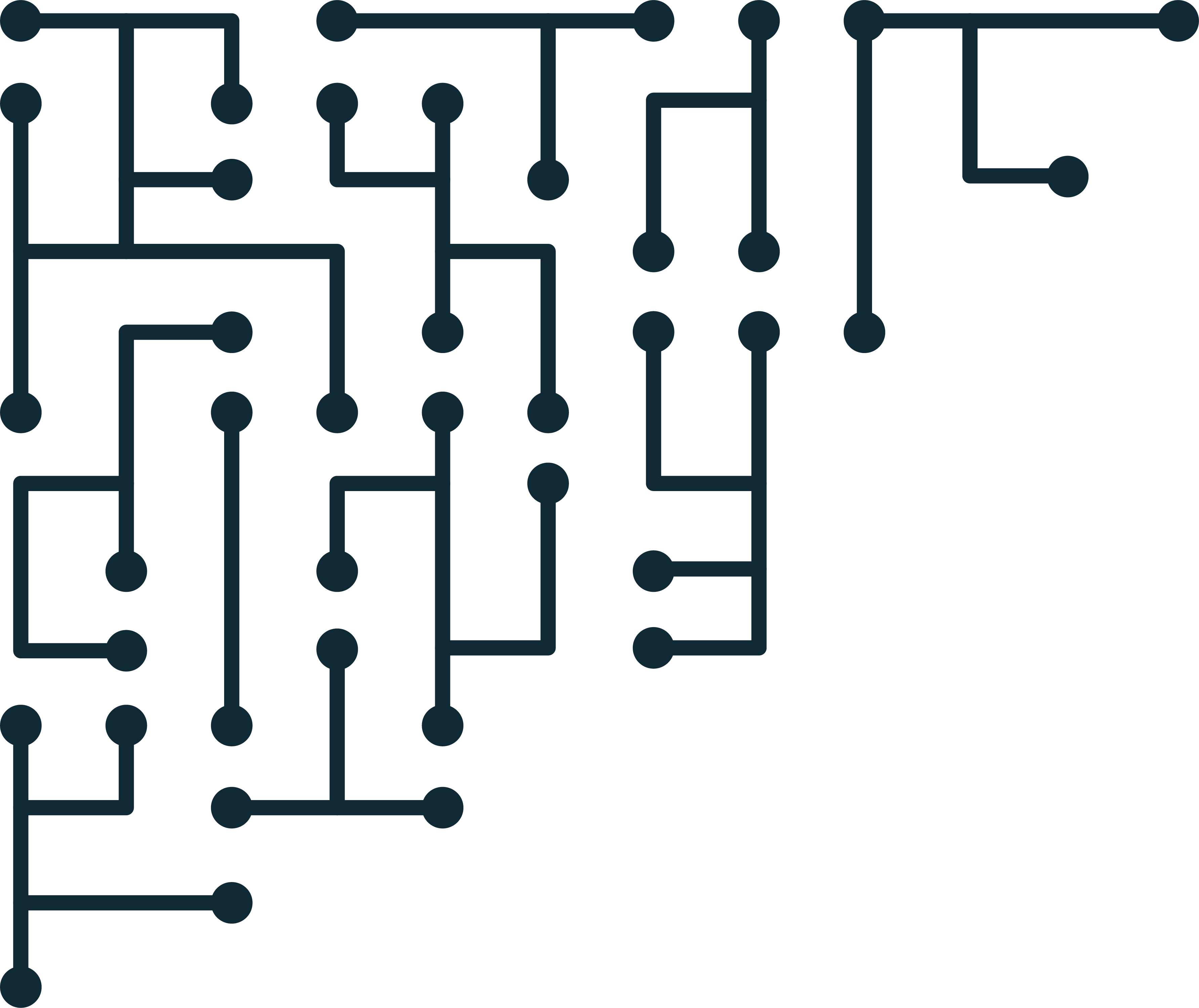Koreas first step to globalization through ODT
ZDNet Korea reports that the South Korean government is making a first-step to shift from the proprietary Hangul Word Processor (HWP) file format (.hwp) to the Open Document Format (ODF). To understand why this is such a big deal, you first need to understand that HWP is part of the national identity. It is/was a government sponsored monopoly. Even schoolchildren were reminded that it’s their duty to buy HWP. They must have a valid license(s) (because no other word processor is acceptable). The format is proprietary, and no other word processor can read it. Microsoft released a HWP2DOC converter. Government organizations were forced to use HWP, and businesses where “encouraged” strongly.
Stuck in the past
At one time, the need for HWP was understandable. Korean character sets were not well supported until recently on most word processors. HWP supported Korean text very well when no others did. Now the world has moved on and good word processors do well with other languages. Korea, however, is stuck in that familiar interface and file icon.
Government innovation?
Should taxpayers be forced to pay a private company to access public information? Many governments are saying no. Open document standards allow taxpayers to choose which software they use. This rationale was a driver for the UK government to switch to .odt, and is part of the reason for Korea.
I suspect one factor in the Korea switching to .odt is that there is no good, free .hwp viewer for cloud. Hangul Word Processor supports Windows okay, OSx a little bit, and Linux not at all. The software just isn’t great. I blame the bad software on a lack of competition in the very protected market. If there was ever an argument for free market, this is it. The government is using ODT for cloud-based document viewing, but is still allowing HWP files as attachments. It’s a start, but not great.
Killing me soft(ware)ly
You might be thinking, if people are familiar with HWP and they like it, what’s the problem?
Since HWP is no longer a practical requirement, but rather a familiar choice, I propose that continuing to promote the proprietary standard (.hwp) actually hurts Korea.
First, documents are for communicating. Most Koreans are only communicating with other Koreans that support the same file types. Sometimes though, they need to communicate outside. People outside of Korea will never purchase HWP just to open your .hwp file. More likely you will be asked to convert the file to .docx or .odt. If they have to download an .hwp file to interact with the government, they just wont access the information they need. The format stops communication.
Second, Hangul Word Processor software is not great. If you are familiar with it, and like it, that’s fine. But the software could be better. There is no push to make the software better since they have a captive market. If everyone would start using .odt - or even .docx - then everyone could choose the software that they like the best. In this case Hangul Word Processor would need to compete on features and usability, and would become much, much better… or go out of business. Either way the people would get a choice, better features and better communication! The government using the .hwp format ensures that the company never has to be better.
Third, the proprietary .hwp file type prevents other Korean companies from creating innovative products. If the population is stuck in the .hwp format, your product will have to support that file type to compete… but you can’t unless you are a very large company. The .hwp format prevents Korean companies from making better products, and prevents Korea from moving forward.
Korea is a protectionist country. At that protectionism makes some people very rich, and - in some cases - helps build up national products to compete at the international level. In those cases, protectionism makes sense as an incubator. Hangul Word Processor, however, has enjoyed government protectionism, and cannot compete at an international level. It’s getting to the point where the rest of Korea suffers. What most surprises me is that nationalists will support the national product to the determent of the nation.
In conclusion
If you care about Korea, don’t send me an .hwp file.
A note on security
HWP files are often used in attacks. This says nothing about whether HWP/.hwp is better or worse than other file types, but many people tell me .hwp is a safer format than .odt and .docx… for some reason. A counterpoint is that there are “less eyes” on HWP/.hwp, but it’s hard to say 1) if that is true and 2) if it makes a big difference. I’m sure Korean government agencies are fuzzing .hwp files like crazy, so I’m not sure the “less eyes” argument works.
Even if the newest versions of HWP/.hwp are relatively secure, Korea still has two major security problems. First, few organizations updated and patch like they should (not Korean specific). Second, copyright infringement is constant in Korea. Most ‘normal people’ download pirated copies of HWP. These copies don’t receive updates, and are usually pre-loaded with malware.
A note about terms and choice
In this post I tried to write the difference between Hangul Word Processor (HWP) and the corresponding file type (.hwp). I found that most people don’t differentiate between the two. So if you say “you should not use .hwp”, they will assume you also mean “you should not use Hangul Word Processor”. This is a hard problem to overcome because it implies that the program and file type that everyone (in Korea) uses, should not be used.
Instead, it’s more useful to let people know that HWP can support saving in other file formats like .docx, .pdf and .odt. HWP also supports changing the default file type. HWP can save .docx/.odt files by default instead of .hwp. In this case, you could choose to continue to use familiar HWP, but also get the benefits of a more open file type.


